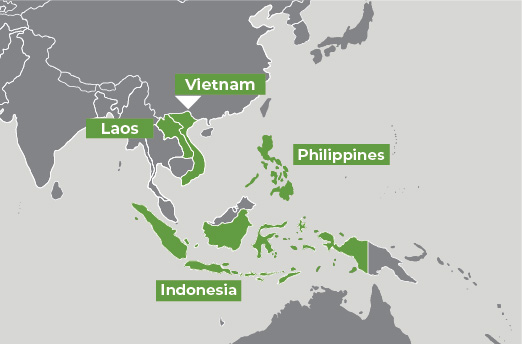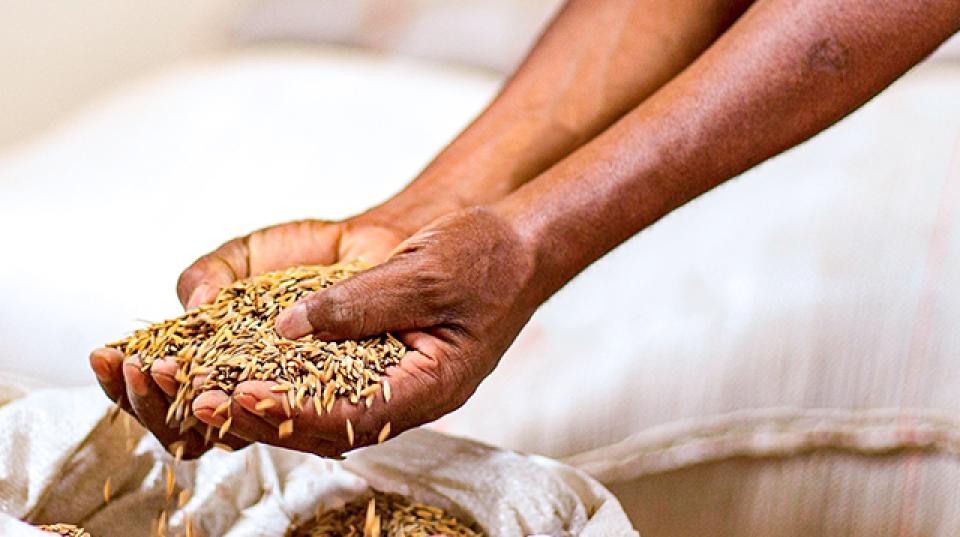Overview
This project aims to develop strategies to anticipate the arrival of exotic root-knot nematodes and support development of fast, reliable diagnostic methods, not only for identification but also for field detection.
In addition, the distribution of root-knot nematode species needs to be clarified, as many current techniques do not go to species level. Correct species identification will inform future management strategies, including the development of resistant varieties, non-host rotation crops, and suitable chemical nematicides.
Plant-parasitic nematodes represent an important constraint to agricultural production, causing an estimated yearly output loss of more than $157 billion globally. Among the plant-parasitic nematodes, root-knot nematode and Meloidogyne spp. are considered the most pathogenic, causing economic damage to a wide range of economically important crops. Yield losses caused by root-knot nematode infection can reach up to 70%. Root-knot nematodes are generally considered a greater pest in tropical regions, where they are regarded as a ubiquitous in many important food crops.
The recent detections of exotic root-knot nematode like Meloidogyne graminicola in European rice fields and Meloidogyne enterolobii in Queensland, have highlighted the threat that new species can have on agricultural production systems. The exotic nematodes have demonstrated greater pathogenicity, with wider host ranges and the ability to overcome existing nematode management strategies.
Central to root-knot nematode management is early detection and correct species identification. The objective is to support the early detection and identification of exotic root-knot nematode species threatening the viability of plant-based agriculture in South-East Asia. The project will use the global nematology network developed within the EUPHRESCO project Melorisk: Preventing Meloidogyne graminicola spread in European rice paddies to develop 'world best' practices.
Activities and expected outcomes
- Developing diagnostic tests for root-knot nematode species determination.
- Verifying diagnostic protocols and in-field tests in different cropping systems in Australasia.
- Contributing to a global network of nematologists to strengthen project outcomes to detect exotic nematode threats for farmers by providing a valuable platform for collaboration, communication, and knowledge-sharing.




